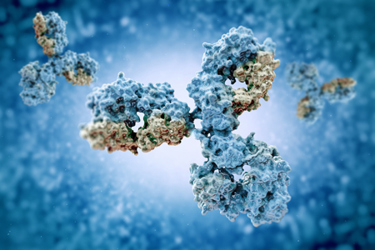Simplifying Antibody-Drug Conjugate Payload Synthesis Using Payload Intermediates

Antibody-drug conjugates (ADCs) represent a powerful advancement in targeted therapy, particularly in the treatment of serious diseases such as cancer. These sophisticated biologics are engineered to deliver cytotoxic agents directly to diseased cells, thereby minimizing damage to healthy tissues and reducing off-target toxicity. Each ADC is composed of three critical components: a targeting antibody that seeks out specific cells, a potent cytotoxic payload designed to eliminate those cells, and a linker that connects the two. The linker plays a vital role in ensuring the stability of the ADC in the bloodstream and is often designed to release the payload only once inside the targeted cells, maximizing therapeutic precision. To date, eleven ADCs have received regulatory approval, and hundreds more are currently in development, underscoring the growing momentum and promise of this technology. As research continues to evolve, ADCs are poised to transform the landscape of disease treatment, offering new hope for patients with conditions that were once considered difficult to treat.
If you're involved in drug development, clinical research, or healthcare innovation, now is the time to explore how ADCs can be integrated into your therapeutic strategies.
Get unlimited access to:
Enter your credentials below to log in. Not yet a member of Outsourced Pharma? Subscribe today.
